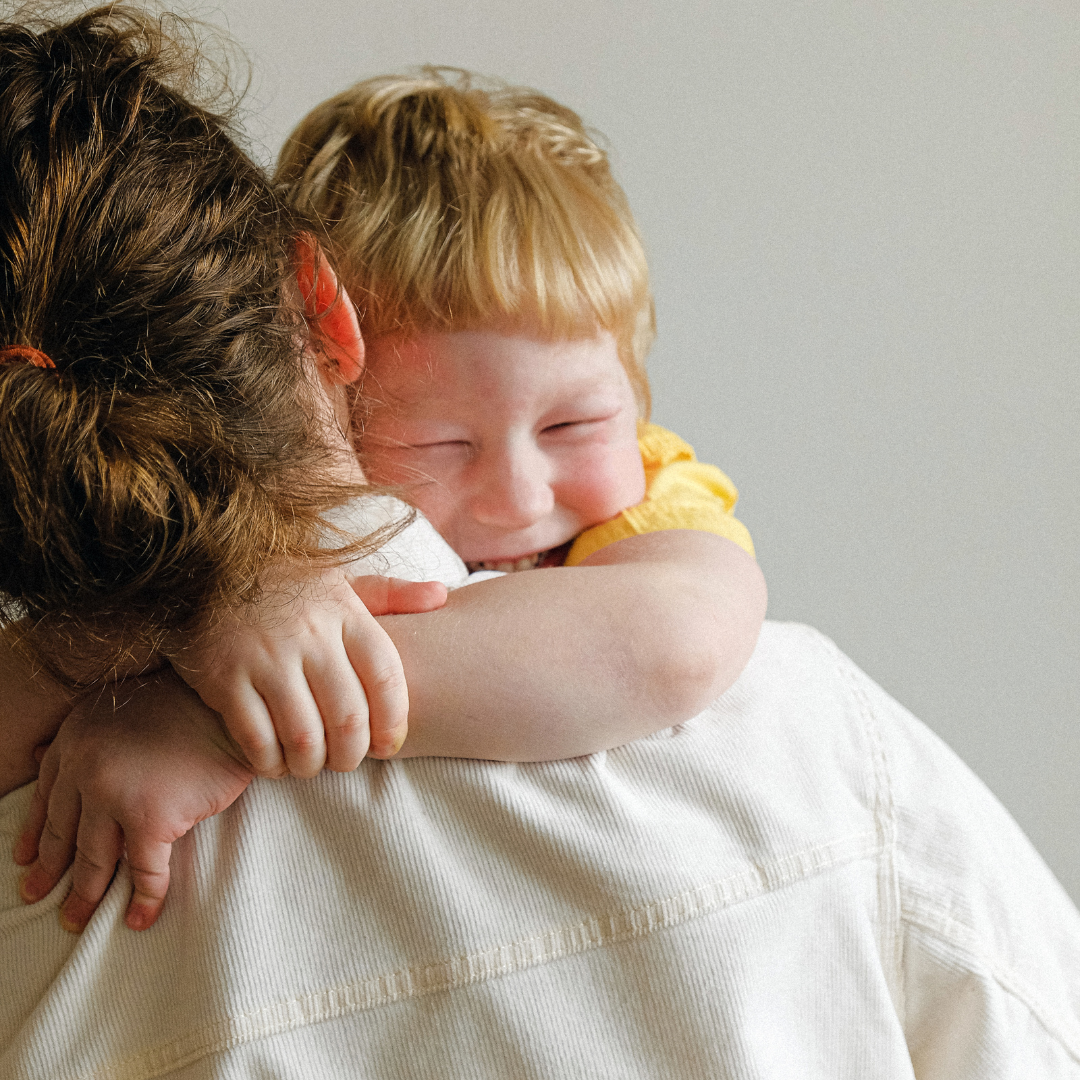How Parents Can Shape a Child’s Body Image
To grow healthy and strong, children need to feel good about themselves.
Studies show that how parents feel and talk about bodies and eating significantly impacts their child’s self-esteem and body image.
By caring for what we say and do as parents and caregivers, we can teach our children to be confident in their own body.
How can I support my child in developing a healthy body image?
- Speak kindly about your own body
- Even if you’re not fully comfortable with your body yet, you can show it a healthy level of acceptance and respect. Focus on what your body can do rather than its appearance. For example, “I love that my arms can lift you up high.”
- Talk about strengths, skills and qualities more than appearance. Say things like, “I am good at cooking” or “I like to be kind to others.”
- Show your child how you enjoy eating and moving your body. Choose foods that nourish you and physical activities that make your body feel good. For instance, “I’m going for a walk because it helps my body feel good.”
- Avoid talking about weight, or body parts you dislike, especially in front of children. Remember, children often hear things we do not intend for them to hear. If you’re having a bad body image day (and let’s face it, we all have days like this) talk about something else.
- Speak kindly about your child’s body
- Show unconditional love and acceptance of your child’s body, no matter what! Avoid nicknames or comments based on appearance, as they can be harmful. If you hear about bullying at your child’s school, address it with the teacher or principal.
- Try not to compare your child to others. If your child notices something different about themselves or someone else, try to talk about it either in a positive way or in a neutral matter-of-fact way. For example, “We all have something about our body that is unique” or “I’m not tall either but I’m a fast runner.”
- Emphasize what’s on the inside more than what’s on the outside. It’s important that most of the praise your child receives from you isn’t related to their appearance. Say things like, “You’re great at giving things a go” or “You’re so creative.”
- Speak kindly about other people’s body
- Use everyday situations to talk with your children about diversity in our society. This helps them understand that differences in body shape, colour and size makes us unique. Choose books, media and TV shows that include people of all sizes, abilities and cultural backgrounds. For example, “Everybody’s body is different, and all bodies deserve respect.”
- Be mindful of your words when talking about other people, even when you think your child is not listening. Using words that describe appearance or are unkind suggests that you think looks are more important than who the person is and what they can do. If people comment about body shape or size try removing yourself and your child from the conversation or try changing the topic.
Where can I go for help?
As parents, it can be tricky to model body positivity if you don’t feel great about your own body. It’s okay and important to ask for help.
Contact The Butterfly Foundation on 1800 33 4673 for more information.
